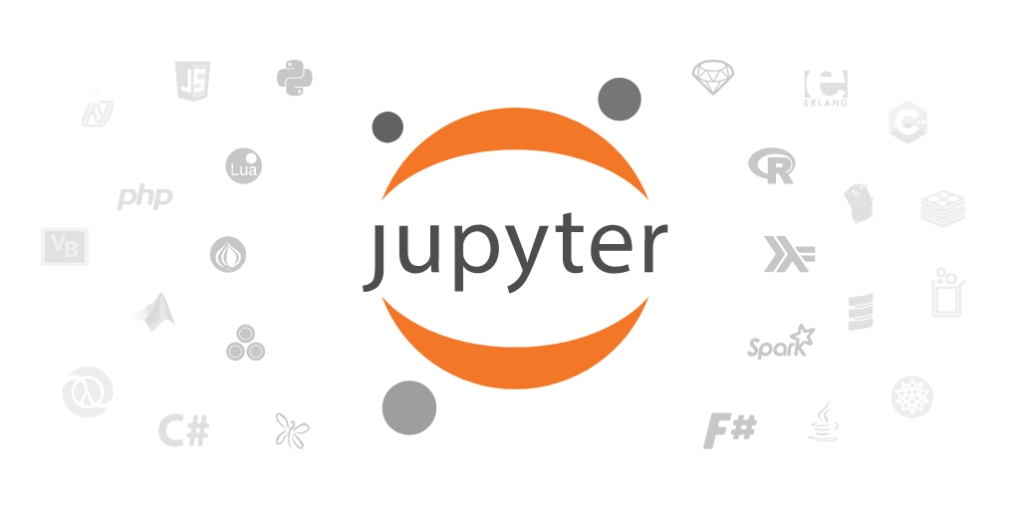We are excited to announce the launch of our own JupyterHub. Jupyter notebooks have become an essential tool for researchers across many fields in science. Scientific simulations, analyses, and calculations of all varieties are becoming increasingly computationally intensive. Our JupyterHub system will embed scientists in the computing resources they need.
What is JupyterHub?
JupyterHub brings the power of notebooks to groups of users. It gives users access to computational environments and resources without burdening the users with installation and maintenance tasks. Users – including students, researchers, and data scientists – can get their work done in their own workspaces on shared resources which can be managed efficiently by system administrators.
JupyterHub runs in the cloud or on your own hardware, and makes it possible to serve a pre-configured data science environment to any user in the world. It is customizable and scalable, and is suitable for small and large teams, academic courses, and large-scale infrastructure.
Your web-based IDE for MUSES
Installing modern software libraries can be a hassle due to the conflicting versions of dependencies that often exist between packages from different research projects. Installing code on your local machine often forces you to adopt sophisticated systems of virtual environments or containerization that saps precious time from your actual research. And as nearly all data scientists know firsthand, the process of compiling code you need can be a frustrating experience that can be a barrier to your productivity.
Your MUSES JupyterLab software environment is already customized and optimized to run the libraries needed by researchers. Combined with the robust feature set of the latest JupyterLab version, which includes shell terminals and code editors with modern features like syntax highlighting and tab-completion, the advantages of using this web-based integrated development environment (IDE) are compelling.
The JuptyterHub advantage

Each user gets their own dedicated JupyterLab server.
Authentication and authorization are provided by our unified Keycloak+CILogon system. Your server is like your own little virtual machine.
Share your files and collaborate on notebooks.
A shared volume is mounted to each JupyterLab server, allowing you to seamlessly share files with other researchers.
Leverage cloud computing to keep your code online when you are offline.
Launch intense computational tasks that run on our high-performance hardware and come back when your results are ready. Your server stays online and your notebooks continue to run even when you close your web browser.

What’s next?
While our JupyterHub system is operational today, we have some more work to do in customizing the JupyterLab server to optimize the performance and configuration of packages for the MUSES project.
Questions remain about how best to balance our Kubernetes cluster resources amongst a set of JupyterLab servers running in parallel, each consuming memory and processing power that is also needed by the other data services.
If you are interested in working with us to improve this cutting-edge research platform, connect with us!

